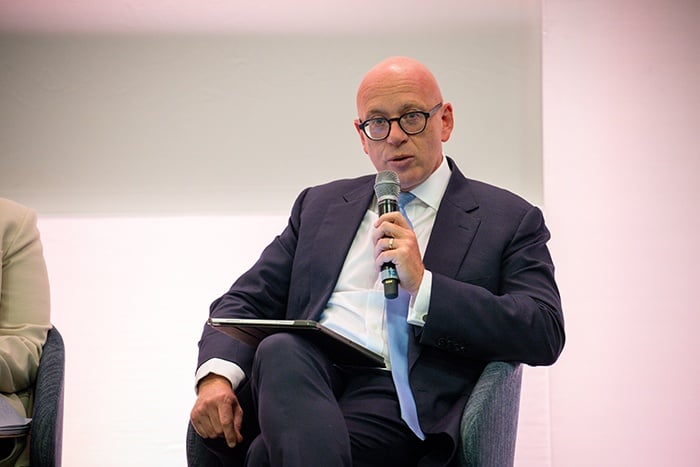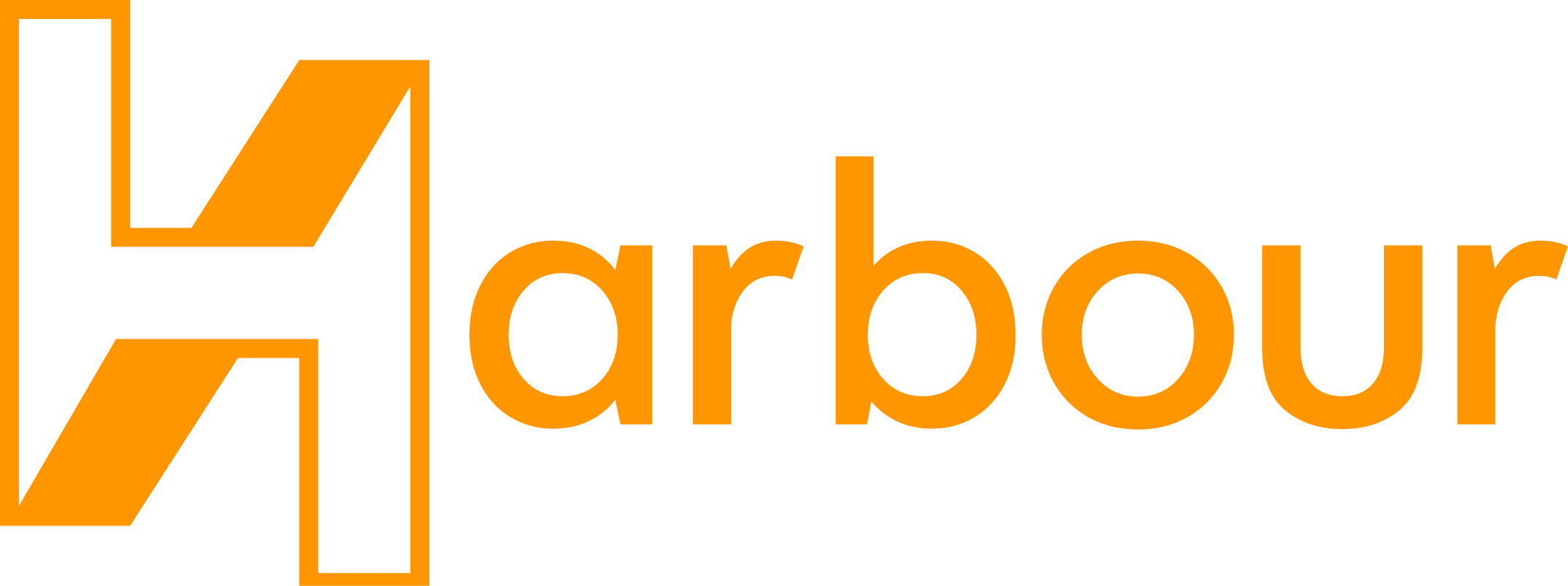Event Report
Legal Business’s event season continued apace as the leading lights from London’s commercial litigation scene descended upon etc.venues in St Paul’s on 7 September. Delegates were treated to a jam-packed agenda comprising the most pressing issues disputes counsel face in 2022 and beyond, as well as the ever-welcome opportunity for post-event networking and drinks.
The day’s proceedings were kicked off in style, as One Essex Court presented a star-studded discussion on the past, present and future of London as a disputes hub. Hosted by Lord Wolfson QC, the panel comprised of high-profile litigators Richard Swallow of Slaughter and May, Natasha Harrison of Pallas Partners and Julianne Hughes-Jennett of Quinn Emanuel Urquhart & Sullivan. The panel considered ways of improving London as a forum, as well as the potential competition from European litigation centres and the rising prominence of US-style class actions in the UK.
Next up, technology provider Lineal hosted a myth-busting session on AI in litigation, bringing together a raft of practitioners to share pain points and thought-provoking questions. Led by Lineal’s Brian Stempel, the panel was made up of Ilan Sherr, legal director at DLA Piper, Christopher David, director at Clifford Chance, Jenni L. Weaver, counsel at King & Spalding, Greg Lascelles, partner at Covington & Burling and Johnny Shearman, chief operating officer of Keidan Harrison. Questions included: What effect is the evolution of technology and AI having on litigation? Is AI overhyped? What are some practical applications of AI and what could the future hold?
After a coffee refuel, it was time for HFW’s session covering the timely topic of Quincecare duty. Moderated by HFW partner Rick Brown, the panel provided comprehensive analysis of recent case law, with One Essex Court’s Jeffrey Onions QC and Pallas Partners’ partner Fiona Huntriss offering insights based on their professional experience. After establishing that the pendulum has swung against the banks and in favour of both corporate and retail customers, the panel fielded interesting queries, including questions pertaining to the Quincecare duty that could be applied to crypto exchanges.
Kirkland & Ellis was up next, with its panel entitled ‘ESG and Vedanta risk: striking the right balance’ hosted by partners Ruth Knox and Stuart Doxford. Alongside panelists Geraint Webb QC from Henderson Chambers and Anka Taylor, head of transaction solutions for London and EMEA at Aon, the session outlined the very real litigation risks corporates can face when its ESG credentials not in order. Additionally, the session offered practical guidance on how corporate actors can try to strike the right balance between managing this risk and carrying out their activities.
In the first session after lunch, Harbour Litigation Funding presented a provocative discussion on the UK’s competition class action regime, questioning: who truly benefits? Moderated by Harbour’s senior director of funding Stephen O’Dowd, participants Deba Das (Freshfields Bruckhaus Deringer), Sarah Houghton (Mishcon de Reya) and David Gallagher (Geradin Partners) debated the true impact the regime was having on access to justice, navigating tricky ethical issues around funding and the money competition partners should expect to pocket. The session also took an amusing detour as the panelists revealed their favourite dinosaurs.
This was followed by Epiq and its panel on data, entitled ‘Making your data tell a story.’ Much like Lineal’s technology-focused panel before it, the session busted myths about eDisclosure, and established its possibilities as well as its limits. Presented by Justin Collins, Beatriz Verdeja and Jonathan White, Epiq emphasised the need for human skill and interaction if litigators want to get the most out of their data.
Finally, Gatehouse Chambers rounded off the day with a much-needed session on digital assets and crypto, a topic which is increasingly finding its way into all kinds of disputes discourse. With Thomas Bell and James Shaw from Gatehouse being joined by Appleby partner Niall MacDonald, the panel provided a basic guide to litigators on crypto and digital assests and tackled the Law Commission’s recent foray into this arena. The panelists also dealt with tricky questions from the audience, including a challenging probe on the relation between digital assets and offshore jurisdictions.
Following a day of intense discussion, attendees were treated to a well-earned and well-attended champagne reception with canapes to cap off the evening.
Legal Business would like to thank its sponsors and all those speakers, staff and delegates who contributed to making the Commercial Litigation Summit 2022 a resounding success.









